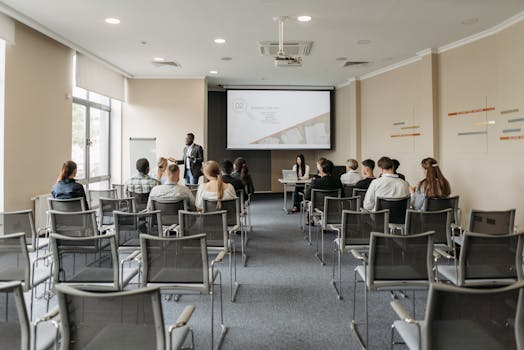Educational Psychology: Understanding Motivation
In the field of education, it is crucial to understand the drivers and motivations behind students’ learning behaviors. This is where educational psychology comes into play – the study of how individuals learn and develop in an educational setting. One of the key components of educational psychology is motivation, which is defined as the driving force that initiates, sustains, and directs behavior towards a certain goal. In this article, we will explore the concept of motivation from an educational psychology perspective and how it impacts students’ learning experience. 
What is Motivation?
Motivation plays a significant role in shaping our actions and behaviors. It is the reason why we do what we do and the underlying force that drives us to achieve our goals. In the context of education, motivation is crucial as it determines students’ engagement and effort in the learning process. Students who are motivated are more likely to be actively involved in their learning, which in turn, leads to better academic outcomes.
Theories of Motivation in Education
There are various theories that seek to explain motivation in the field of education. One of the most well-known theories is Maslow’s Hierarchy of Needs, which suggests that humans have a hierarchy of needs, and motivation is driven by the fulfillment of these needs. This theory highlights the importance of basic physiological and safety needs, such as food, shelter, and safety, as a foundation for motivation in education.
Another prominent theory is Self-Determination Theory, which emphasizes the importance of intrinsic motivation – the desire to engage in an activity for its own sake. Intrinsic motivation is driven by factors such as autonomy, competence, and relatedness, and is considered to be more effective in promoting long-term learning. On the other hand, extrinsic motivation, which is driven by external rewards or punishments, has been found to have a limited impact on students’ learning in the long run.
Motivation and Learning
In the educational context, motivation has been found to have a significant impact on students’ learning and academic achievement. Students who are motivated tend to have higher levels of engagement, effort, and persistence in their schoolwork. This, in turn, leads to better academic performance. Research has also shown that students who are highly motivated are more likely to have a positive attitude towards learning and are more likely to take on challenging tasks and think creatively.
Types of Motivation
There are two main types of motivation – intrinsic and extrinsic. Intrinsic motivation is driven by internal factors, such as interest, curiosity, and a sense of accomplishment. This type of motivation is considered to be more sustainable and effective in promoting long-term learning. Extrinsic motivation, on the other hand, is driven by external factors, such as rewards or punishments. While it may be effective in the short-term, it has been found to have a limited impact on students’ learning and motivation in the long run.
How Can Educators Promote Motivation?
As educators, it is crucial to understand that motivation plays a significant role in students’ learning and academic success. Here are some strategies that can help promote motivation in the classroom:
- Providing meaningful and challenging tasks that cater to students’ interests and abilities
- Giving students autonomy and choice in their learning
- Encouraging and acknowledging students’ efforts and achievements
- Creating a positive and supportive learning environment
- Setting clear expectations and giving constructive feedback
- Using a variety of instructional methods to cater to diverse learning styles
By implementing these strategies, educators can foster an environment that promotes motivation and boosts students’ learning.
Conclusion
In conclusion, motivation is a crucial element in the field of educational psychology and has a significant impact on students’ learning and academic success. As educators, it is essential to understand the different types of motivation and how they can be promoted in the classroom. By implementing effective strategies, educators can create a learning environment that is not only engaging but also promotes long-term motivation and learning. Through a deeper understanding of motivation, educators can make a positive impact on their students’ learning experiences and help them reach their full potential.











